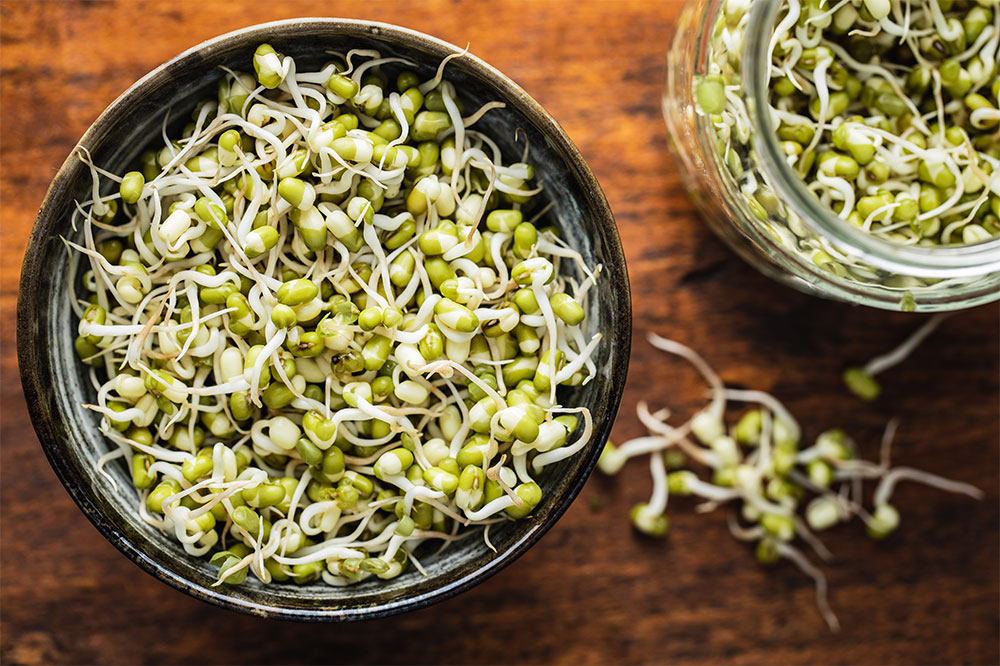Diet Recommendations for Managing Ovarian Cancer
This comprehensive guide explores dietary recommendations for ovarian cancer patients, emphasizing foods to include and avoid. It also highlights promising therapies like CAR T-cell and Rubraca, aiding patients in managing symptoms and improving their health outcomes through nutrition and advanced treatments.

Diet Tips for Ovarian Cancer Patients
Ovarian cancer ranks among the most common women's cancers, with women aged 50 to 60 being most at risk. While medical treatments like chemotherapy are essential, proper nutrition also plays a vital role. This article highlights foods beneficial for ovarian cancer patients to include in their diet, along with foods to avoid. Additionally, it covers some promising therapies such as CAR T-cell and Rubraca, which can help mitigate symptoms and improve quality of life.
Foods to Incorporate
Broccoli
Broccoli is a nutrient-dense vegetable packed with vitamins A, C, iron, calcium, and chromium. Its antioxidant properties make it a valuable addition to an anti-cancer diet.
Ginger
A superfood known for its anti-inflammatory qualities, ginger contains phytochemicals capable of targeting cancer cells directly, making it effective for symptom relief.
Carrots
Rich in fiber and vitamins A, K, and B6, carrots contain beta-carotene which helps protect cell membranes from toxin damage and may slow cancer cell growth.
Foods to Limit or Avoid
Raw foods
Uncooked foods like eggs, shellfish, sushi, meats, and vegetables may harbor harmful microbes or anti-nutrients, so they should be thoroughly cooked before consumption.
Unpasteurized dairy products
Unpasteurized cheeses and raw milk can pose health risks to immunocompromised cancer patients, and should be avoided.
Red and processed meats
Studies suggest reducing intake of beef, pork, lamb, and processed meats such as bacon and sausages, as they may influence ovarian cancer risk.
Effective treatment options include:
CAR T-cell Therapy
This advanced immunotherapy involves modifying a patient’s T cells to better recognize and attack cancer cells, offering promising relief.
Hormone Therapy
Medicinal hormones can help inhibit cancer cell growth, particularly useful for ovarian and breast cancers.
Rubraca
An FDA-approved oral medication that inhibits DNA repair enzymes in cancer cells, leading to their death, especially effective alongside chemotherapy.










